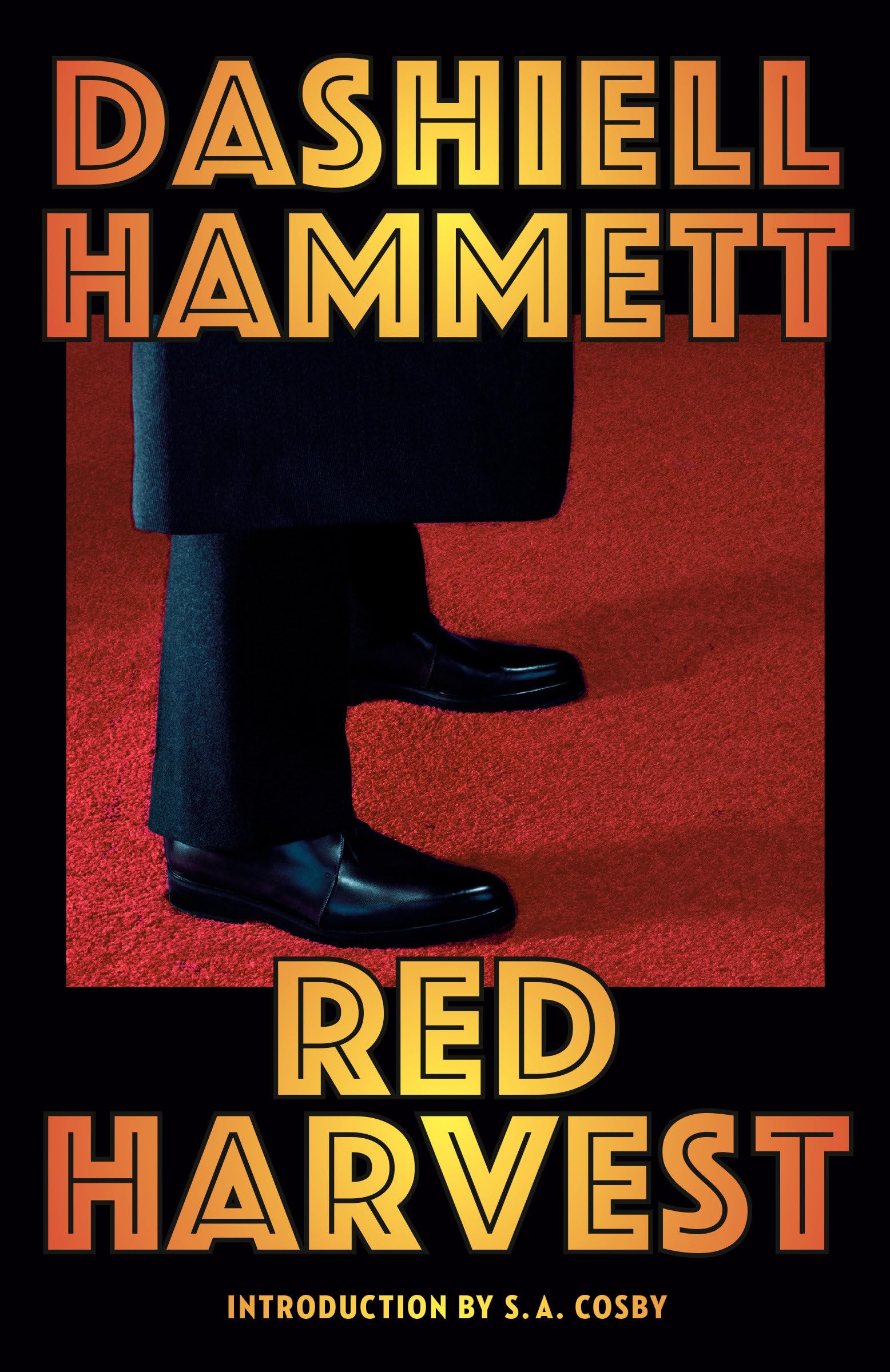Red Harvest
Dashiell Hammett
1929
8


I'm not a big believer in karma. It's not going to always come back around. But outside real life, in the realm of fiction, I do prefer a bending or arcing logic, outwardly and inwardly as if a rope cursing through a three dimensional space. Red Harvest doesn't really have a rope and while it's a good fast read in the vein of Le Carré it's not intellectually serious enough to try at the whole artistic ambition game. But that doesn't mean it's not a good story. It almost, the problem with Red Harvest I mean, cuts narrative art theory in half between utility and substance, it sears and corrodes the lining between the two and that's soft, frustrating, and eventually almost disheartening. Utility and substance, in a way, should be the 3 and 4 in a batting lineup, a piston combo opening and closing revealing the beauty of a story's natural kinesthetic purpose. They should be inseparable and cogent. When its tangibility or lack thereof is off, when it's striped and superfluous or drafty, it's further and further away from that original meaning of the word art, that is conducive between skill and value which together represent a similar intellectual and financial combination to utility and substance in the context of narrative art. They aren't the same but they end up to the same end. And without it a work like Red Harvest is lame. Works need logic. And if they don't have logic then they need beauty in place of it. But it's never consistent here. The only thing consistent is its readability. That's not as great as it sounds.